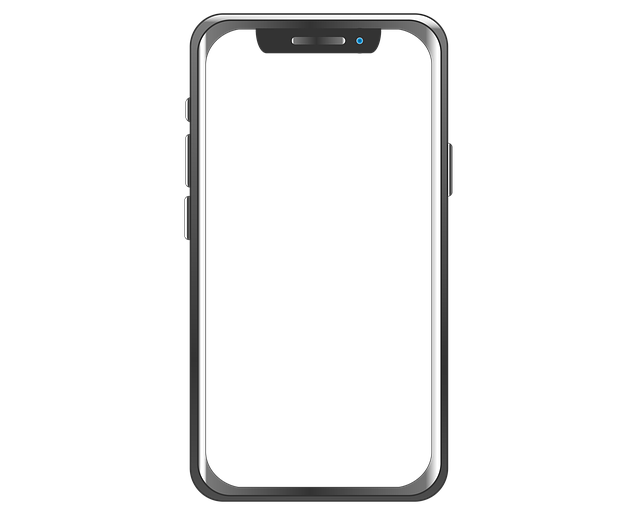Robocalls are widespread in North Carolina but can be intrusive and unwanted. Residents facing high volumes of unauthorized calls have legal options through the Telephone Consumer Protection Act (TCPA). Consulting with a specialized robocall lawyer or attorney from a robocall law firm in North Carolina helps protect consumer rights, navigate regulations, file complaints, seek damages, and block future calls. Quick action is crucial after receiving an unauthorized robocall to document details, avoid engaging with the caller, and consult legal professionals for guidance under state laws.
“Navigating the complex world of robocalls can be overwhelming, especially in a state like North Carolina where these automated calls are becoming increasingly prevalent. This comprehensive guide tackles frequently asked questions about robocalls, offering insights into their legality and your rights as a resident of North Carolina. From understanding common robocall tactics to knowing when to hire a robocall lawyer or robocall attorney in NC, this article equips you with the knowledge to protect yourself. Explore strategies to combat these nuisance calls and learn about the specific laws against them.”
What Are Robocalls and How Common Are They in North Carolina?
Robocalls, or automated telephone calls, have become a ubiquitous part of modern communication, but they can be particularly intrusive when unsolicited. In North Carolina, as in many states across the country, robocalls are used extensively for political campaigns, marketing purposes, and debt collection among others. While some people find them convenient, others consider these automated calls a nuisance and even a violation of privacy.
North Carolina residents often receive robocalls from various sources, including telemarketers, political organizations, and automated systems set up by businesses. According to recent studies, the state experiences a significant volume of such calls daily. This has led many individuals to seek legal assistance from robocall lawyers or attorneys specializing in robocall law in North Carolina. These legal professionals help protect consumer rights and offer guidance on how to deal with unwanted automated phone calls.
Do I Have Any Legal Recourse If I Receive a Robocall?
If you’ve received a robocall in North Carolina, you may be wondering about your rights and legal recourse. Fortunately, there are laws in place to protect consumers from unwanted automated phone calls. According to the Telephone Consumer Protection Act (TCPA), it’s illegal for companies to make or cause robocalls to landlines or mobile phones without the caller’s prior express consent.
If you believe you’ve been a victim of unauthorized robocalling, consulting with a robocall lawyer in North Carolina can be beneficial. A qualified attorney specializing in TCPA cases can help you understand your rights and options for legal action. Robocall attorneys in North Carolina are familiar with the intricacies of this law and can guide you through the process of filing a complaint or seeking damages if appropriate. They can also represent you in negotiations with call centers or companies responsible for the unwanted calls, ensuring you receive the resolution you deserve.
When Is It Considerable to Hire a Robocall Lawyer in NC?
If you’re constantly receiving unwanted automated phone calls—also known as robocalls—and feel your rights are being violated, it might be time to consult a robocall lawyer in North Carolina. Robocall laws are designed to protect consumers from deceptive or annoying practices, and if these automated calls are causing you distress or leading to financial harm, legal action could be warranted. A robocall attorney can help you understand your rights and options under the Telephone Consumer Protection Act (TCPA).
In North Carolina, as in many states, there are strict regulations regarding robocalls, including restrictions on when and how they can be made. If these rules are broken, individuals or businesses responsible could face penalties. A robocall law firm specializing in this area can help you navigate the legal complexities, gather evidence of the infractions, and potentially pursue compensation for any damages incurred due to the unwanted calls.
Understanding the Laws Against Robocalls in North Carolina
In North Carolina, like many other states, robocalls are regulated to protect consumers from unwanted and deceptive telemarketing practices. The Telephone Consumer Protection Act (TCPA) is a federal law that sets guidelines for automated calls, including robocalls. It prohibits companies from making prerecorded calls to telephone numbers assigned to wireless services without the prior express consent of the caller.
North Carolina has its own laws reinforcing these federal regulations. If you’ve received a robocall in North Carolina and believe it violated your rights, consulting with a robocall lawyer or robocall attorney from a reputable law firm is advisable. These legal professionals specialize in TCPA compliance and can help determine if you have a case for damages or blocking future calls. They can guide you through the process of filing a complaint with relevant authorities and pursuing legal action if necessary, ensuring you understand your rights under North Carolina’s robocall laws.
Navigating Your Rights: Steps After Getting a Robocall in NC
Navigating your rights after receiving a robocall in North Carolina involves several steps. First, document the call by noting the caller’s phone number, the date and time of the call, and any details about the message left. Next, don’t press any buttons or provide personal information – many robocalls are designed to trigger charges if you interact. Instead, hang up immediately.
Consider contacting a robocall lawyer in North Carolina, or consulting with a robocall attorney from a reputable robocall law firm in the state. They can help you understand your rights under North Carolina’s consumer protection laws and take appropriate action against the caller, which may include blocking future calls, seeking damages for harassing behavior, or even pursuing legal action if necessary.






